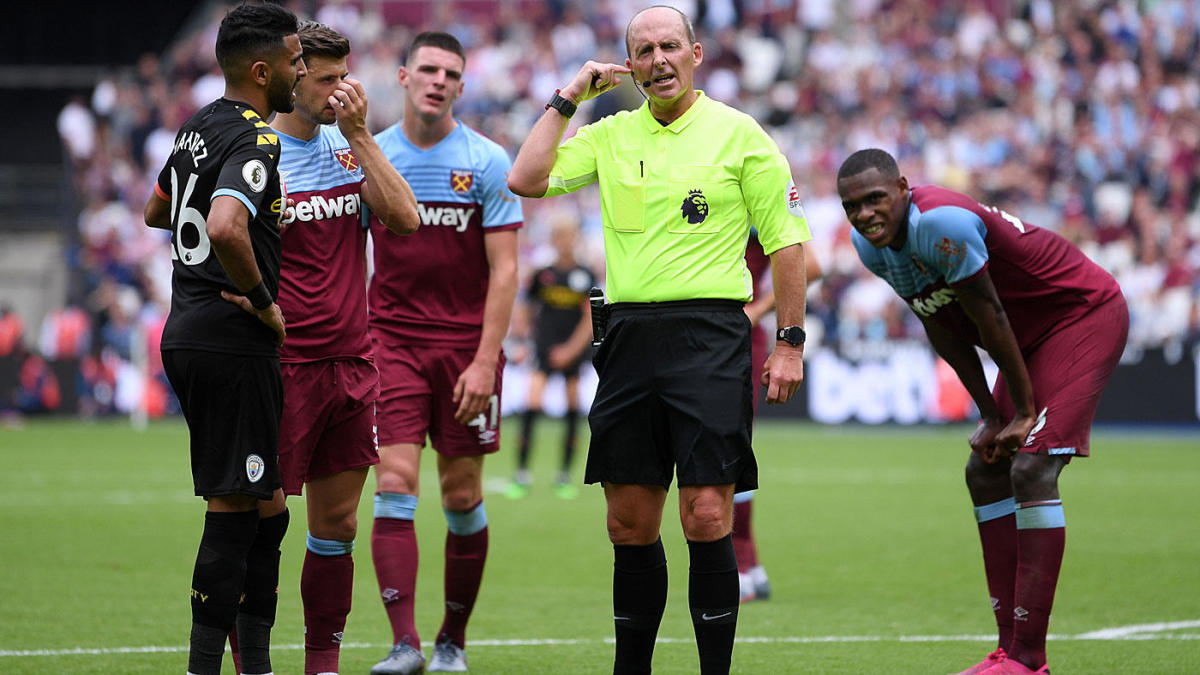Video assisted referee (VAR) was introduced to professional soccer in 2017, garnering mixed reactions from fans and players alike since. Some say it makes calls more accurate, while others argue that it disrupts the game.
VAR disrupts the flow of the game
Jack Armstrong
Since the introduction of VAR in the German Bundesliga and Italian Serie A at the beginning of the 2017-2018 season, it has negatively changed the sport of soccer. Instead of the once free-flowing game, matches are now filled with stoppages that take away from the spectator’s enjoyment. Last summer’s FIFA Women’s World Cup saw over 800 minutes of VAR-caused stoppages, and because the clock never stops in soccer, both the players and the fans lose valuable game time, even with stoppage time added to the end of each half.
VAR scrutinizes every small detail, which often leads to decisions based on things that have virtually no impact on the game. For example, a one centimetre offside offense by Heung-min Son in a Tottenham game this year nullified a fantastic strike by Serge Aurier, despite Son not being directly involved in the play that led to the goal. VAR even needed a computer program’s help to make the decision. If the call cannot be decided immediately, then the game should continue, because at that point the stoppage will cause more disruption than the referee’s choice.
Much of the enjoyment has been sucked out of the game for fans with the overanalysis of minute details. Every time a team scores a goal, supporters are hesitant to celebrate out of fear that the goal will be retroactively overturned. VAR is taking over the headlines for far too many soccer games, and the focus is now more on the officiating than the play. This is not to say that improvements should not be made to the sport; however, VAR poses far too many issues to the game of soccer to be worth the controversy.
Referees can now make the right calls
Ender McDuff
While still imperfect, VAR is a critical step in the right direction for soccer. It helps ensure play is fair and called correctly by giving the in-game referees much-needed technological support, which ensures that games are fair and free from the undue influence of referees’ natural human error. Take for instance what is widely considered the worst missed call in soccer history: The infamous “hand of God goal” by Diego Maradona that decisively put Argentina up one over England in the 1986 World Cup quarter-final. While in real time, the play is challenging to call, the support of VAR would have correctly overturned the unearned goal.
VAR is also only used in limited instances and is consulted at natural stoppages of play so as to minimize its effect on the flow of the game. It is only used to ensure that goals, penalties, and red cards are correctly assigned. These are all crucial plays to get right in a sport like soccer, where scores are significantly lower than in other sports. As such, every goal is critical meaning it is not worth getting the call wrong in the name of reduced stoppage time.
During the 2019 FIFA Women’s World Cup, however, there were some issues with the implementation of VAR. People felt that the zero-tolerance policy for goalkeepers stepping off the line during penalty kicks was too stringent. But, the International Football Association Board was responsive and quickly addressed the issue. In this way, VAR can continue to be refined until it is truly serving its mandate of “minimal interference for maximum benefit.” Other sports leagues like the NBA have successfully done this with their instant replay centers; there is no reason that soccer cannot also use technology to produce fairer, less subjective games that both players and fans can enjoy.
Editor’s Pick
While VAR may have potential, its current use is causing more harm than good to the game of soccer. Disruptions to games due to overuse of VAR by on-field referees has made the game more stressful for both fans and players.









